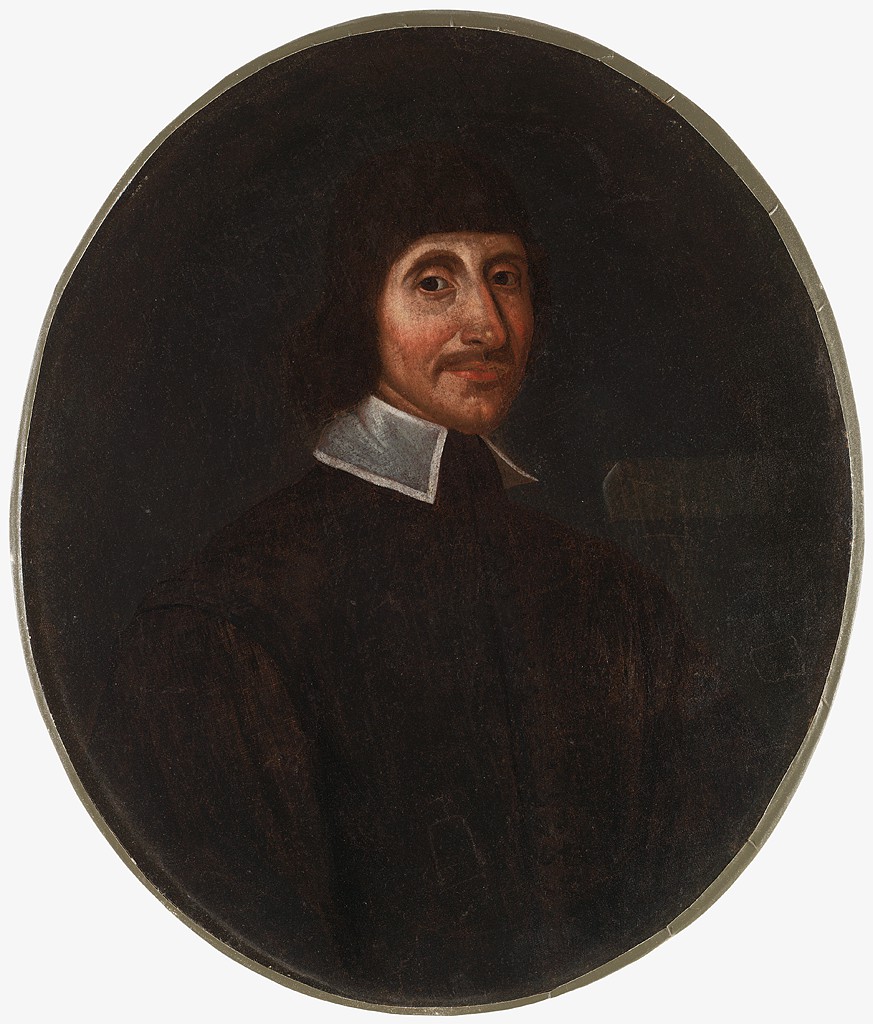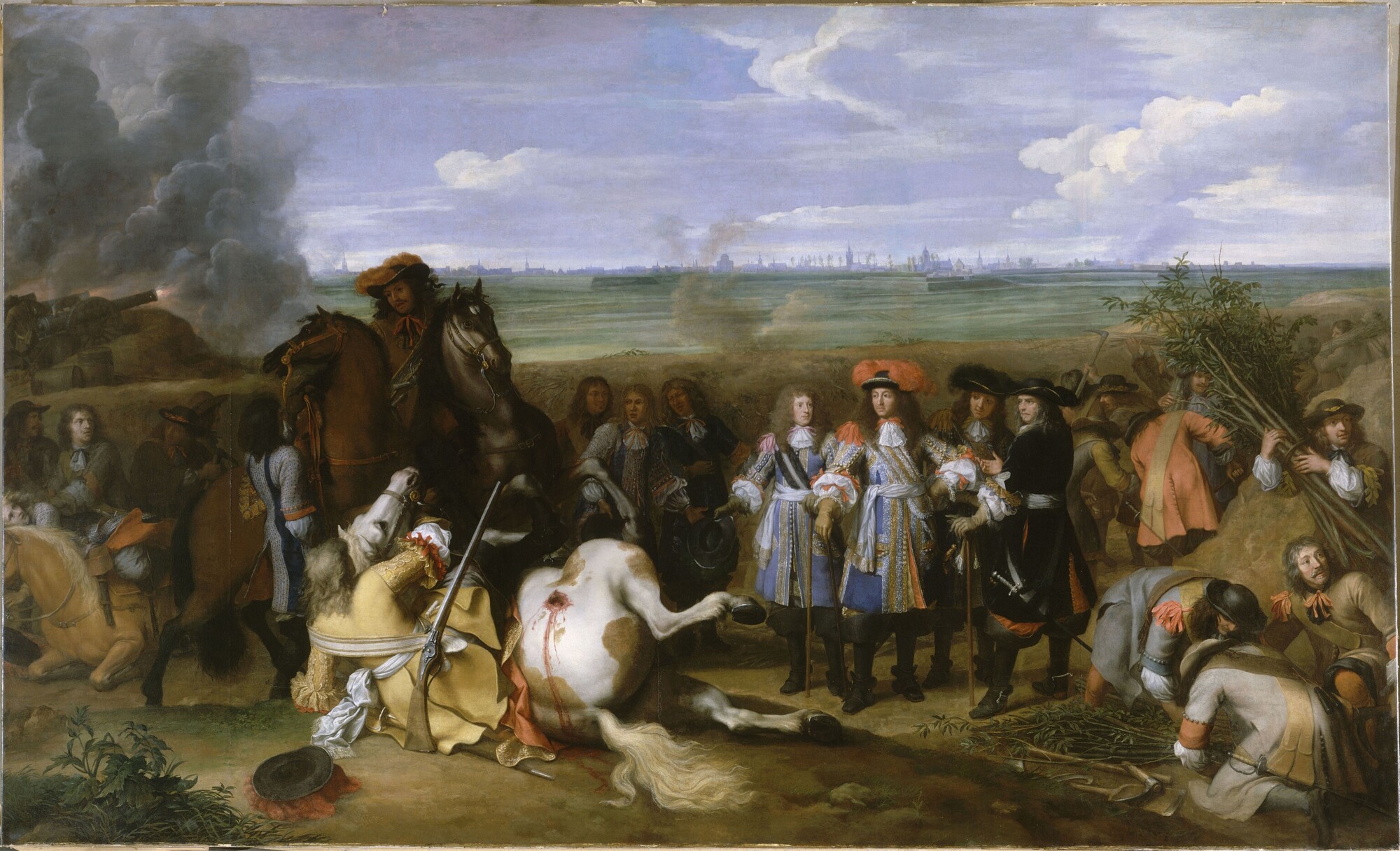|
William Chesebrough
William Chesebrough (c.1594–1667) was a farmer and trader in the colonies of Massachusetts and Connecticut. He was one of the four co-founders of Stonington, Connecticut, along with Thomas Stanton, Thomas Miner, and Walter Palmer. Chesebrough came to America in 1630 in the party accompanying John Winthrop John Winthrop (January 12, 1587/88 – March 26, 1649) was an English Puritan lawyer and one of the leading figures in founding the Massachusetts Bay Colony, the second major settlement in New England following Plymouth Colony. Winthrop led t .... He was elected constable in Boston in 1634. In 1640 he moved to Braintree, Massachusetts. In 1649 he moved to the head of the Wequetequock Cove in present-day Stonington. Chesebrough and his wife Anna are buried in Stonington at the Wequetequock Cemetery. Notes External links *Stonington Historical Society In Search of the First Settlers [...More Info...] [...Related Items...] OR: [Wikipedia] [Google] [Baidu] |
Stonington, Connecticut
The town of Stonington is located in New London County, Connecticut in the state's southeastern corner. It includes the borough of Stonington (borough), Connecticut, Stonington, the villages of Pawcatuck, Connecticut, Pawcatuck, Lords Point, and Wequetequock Cove, Wequetequock, and the eastern halves of the villages of Mystic, Connecticut, Mystic and Old Mystic (the other halves being in the town of Groton, Connecticut, Groton). The population of the town was 18,335 at the 2020 census. History The first European colonists established a trading house in the Pawcatuck section of town in 1649. The present territory of Stonington was part of lands that had belonged to the Pequot people, who referred to the areas making up Stonington as ''Pawcatuck'' (Stony Brook to the Pawcatuck River) and ''Mistack'' (Mystic River (Connecticut), Mystic River to Stony Brook). It was named "Souther Towne" or Southerton by Massachusetts in 1658, and officially became part of Connecticut in 1662 when Con ... [...More Info...] [...Related Items...] OR: [Wikipedia] [Google] [Baidu] |
Thomas Stanton
Thomas Stanton (1616?–1677) was a trader and an accomplished Indian interpreter and negotiator in the Connecticut Colony, one of the original settlers of Hartford.Society of the Descendants of the Founders of HartforThe Founders of Hartford/ref> He was also one of four founders of Stonington, Connecticut, along with William Chesebrough, Thomas Miner, and Walter Palmer. He first appears in the historical record as an interpreter for John Winthrop, Jr. in 1636. He fought in the Pequot War, nearly losing his life in the Fairfield Swamp Fight in 1637. In 1638, he was a delegate at the Treaty of Hartford which ended that war. In 1643, the United Colonies of New England appointed him as Indian Interpreter. Following the war, Stanton returned to Hartford where he married and became a successful trader. In 1649, he settled a tract of land alongside the Pawcatuck River in present-day Stonington. In 1649 or 1650, he was given permission to establish a trading post on the river and ... [...More Info...] [...Related Items...] OR: [Wikipedia] [Google] [Baidu] |
Thomas Miner
Thomas Minor (23 April 1608 – 23 October 1690) was a founder of New London and Stonington, Connecticut, United States, and an early colonial New England diarist. Early life and marriage Minor was born in Chew Magna, in Somerset, England, on April 23, 1608, to Clement Miner (born Feb 23, 1585; died Mar 31, 1640). In 1629, he emigrated to Salem, Massachusetts, aboard the ''Lyon's Whelp''."Thomas Miner and his Descendants" Accessed 31 July 2007. Note that some accounts have him arriving on the ship Arabella during the Great Migration (Puritan), Great Migration, arriving in Salem Harbor on June 14, 1630. In the introduction of ''The Diary of Thomas Minor, Stonington, Connecticut 1653-1684'', it states the name of the ship was the ''Arabella''. It landed in Salem, Massachusetts on June 14, 1630. He quickly moved to Watertown,"The Miner Branch of the Hubbards" Accessed 14 July 2007. and then on to Charlestown, Massachusetts, Charlestown, after typhus fever broke out in Salem. In C ... [...More Info...] [...Related Items...] OR: [Wikipedia] [Google] [Baidu] |
Walter Palmer (Puritan)
Walter Palmer (1585–1661) was an early Separatist Puritan settler in the Massachusetts Bay Colony who helped found Charlestown and Rehoboth, Massachusetts and Stonington, Connecticut. Early life Palmer was likely born in England about 1585. He married in England and fathered five children. Recent research suggests that he was probably from Frampton, Dorset, England Walter Palmer of the Great Migration: Probable Origins in Frampton, Dorset" ''New England Historical and Genealogical Register'', ol. 174 Winter 2020; pages 21-25. Emigration On April 5, 1629, Palmer sailed on the ''Four Sisters'' from Gravesend, England to Salem, Massachusetts, arriving that June. The next year, he was indicted on manslaughter charges for allegedly beating a man to death, but was acquitted in November 1630. His close friend William Chesebrough stood as a witness. Serving jurors/peers: William Rocknell, William Balsten, William Phelps, John Page, William Gallant, John, Balshe, John Hoskins & La ... [...More Info...] [...Related Items...] OR: [Wikipedia] [Google] [Baidu] |
John Winthrop
John Winthrop (January 12, 1587/88 – March 26, 1649) was an English Puritan lawyer and one of the leading figures in founding the Massachusetts Bay Colony, the second major settlement in New England following Plymouth Colony. Winthrop led the first large wave of colonists from England in 1630 and served as governor for 12 of the colony's first 20 years. His writings and vision of the colony as a Puritan " city upon a hill" dominated New England colonial development, influencing the governments and religions of neighboring colonies. Winthrop was born into a wealthy land-owning and merchant family. He trained in the law and became Lord of the Manor at Groton in Suffolk. He was not involved in founding the Massachusetts Bay Company in 1628, but he became involved in 1629 when anti-Puritan King Charles I began a crackdown on Nonconformist religious thought. In October 1629, he was elected governor of the Massachusetts Bay Colony, and he led a group of colonists to the New Worl ... [...More Info...] [...Related Items...] OR: [Wikipedia] [Google] [Baidu] |
1590s Births
Year 159 (CLIX) was a common year starting on Sunday (link will display the full calendar) of the Julian calendar. At the time in Roman territories, it was known as the Year of the Consulship of Quintillus and Priscus (or, less frequently, year 912 ''Ab urbe condita''). The denomination 159 for this year has been used since the early medieval period, when the Anno Domini calendar era became the prevalent method in Europe for naming years. Events By place India * In India, the reign of Shivashri Satakarni, as King Satavahana of Andhra, begins. Births * December 30 – Lady Bian, wife of Cao Cao (d. 230) * Annia Aurelia Fadilla, daughter of Marcus Aurelius * Gordian I, Roman emperor (d. 238) * Lu Zhi, Chinese general (d. 192) Deaths * Liang Ji, Chinese general and regent A regent (from Latin : ruling, governing) is a person appointed to govern a state '' pro tempore'' (Latin: 'for the time being') because the monarch is a minor, absent, incapacitated or una ... [...More Info...] [...Related Items...] OR: [Wikipedia] [Google] [Baidu] |
1667 Deaths
Events January–March * January 11 – Aurangzeb, monarch of the Mughal Empire, orders the removal of Rao Karan Singh as Maharaja of the Bikaner State (part of the modern-day Rajasthan state of India) because of Karan's dereliction of duty in battle. * January 19 – The town of Anzonico in Switzerland is destroyed by an avalanche. * January 27 – The 2,000 seat Opernhaus am Taschenberg, a theater in Dresden (capital of the Electorate of Saxony) opens with its first production, Pietro Ziani's opera ''Il teseo''. * February 5 – In the Second Anglo-Dutch War, the English Royal Navy warship HMS ''Saint Patrick'' is captured less than nine months after being launched, when it fights a battle off the coast of England and North Foreland, Kent. Captain Robert Saunders and 8 of his crew are killed while fighting the Dutch ships ''Delft'' and ''Shakerlo''. The Dutch Navy renames the ship the ''Zwanenburg''. * February 6 (January 27 O.S.) – The T ... [...More Info...] [...Related Items...] OR: [Wikipedia] [Google] [Baidu] |
People From Stonington, Connecticut
A person ( : people) is a being that has certain capacities or attributes such as reason, morality, consciousness or self-consciousness, and being a part of a culturally established form of social relations such as kinship, ownership of property, or legal responsibility. The defining features of personhood and, consequently, what makes a person count as a person, differ widely among cultures and contexts. In addition to the question of personhood, of what makes a being count as a person to begin with, there are further questions about personal identity and self: both about what makes any particular person that particular person instead of another, and about what makes a person at one time the same person as they were or will be at another time despite any intervening changes. The plural form "people" is often used to refer to an entire nation or ethnic group (as in "a people"), and this was the original meaning of the word; it subsequently acquired its use as a plural form of per ... [...More Info...] [...Related Items...] OR: [Wikipedia] [Google] [Baidu] |
English Emigrants
The English people are an ethnic group and nation native to England, who speak the English language in England, English language, a West Germanic languages, West Germanic language, and share a common history and culture. The English identity is of History of Anglo-Saxon England, Anglo-Saxon origin, when they were known in Old English as the ('race or tribe of the Angles'). Their ethnonym is derived from the Angles, one of the Germanic peoples who migrated to Great Britain around the 5th century AD. The English largely descend from two main historical population groups the West Germanic tribes (the Angles, Saxons, Jutes and Frisians) who settled in southern Britain following the withdrawal of the Ancient Rome, Romans, and the Romano-British culture, partially Romanised Celtic Britons already living there.Martiniano, R., Caffell, A., Holst, M. et al. Genomic signals of migration and continuity in Britain before the Anglo-Saxons. Nat Commun 7, 10326 (2016). https://doi.org/10 ... [...More Info...] [...Related Items...] OR: [Wikipedia] [Google] [Baidu] |
Merchants From The Thirteen Colonies
A merchant is a person who trades in commodities produced by other people, especially one who trades with foreign countries. Historically, a merchant is anyone who is involved in business or trade. Merchants have operated for as long as industry, commerce, and trade have existed. In 16th-century Europe, two different terms for merchants emerged: referred to local traders (such as bakers and grocers) and ( nl, koopman) referred to merchants who operated on a global stage, importing and exporting goods over vast distances and offering added-value services such as credit and finance. The status of the merchant has varied during different periods of history and among different societies. In modern times, the term ''merchant'' has occasionally been used to refer to a businessperson or someone undertaking activities (commercial or industrial) for the purpose of generating profit, cash flow, sales, and revenue using a combination of human, financial, intellectual and physical capital ... [...More Info...] [...Related Items...] OR: [Wikipedia] [Google] [Baidu] |



_1938.jpg)

